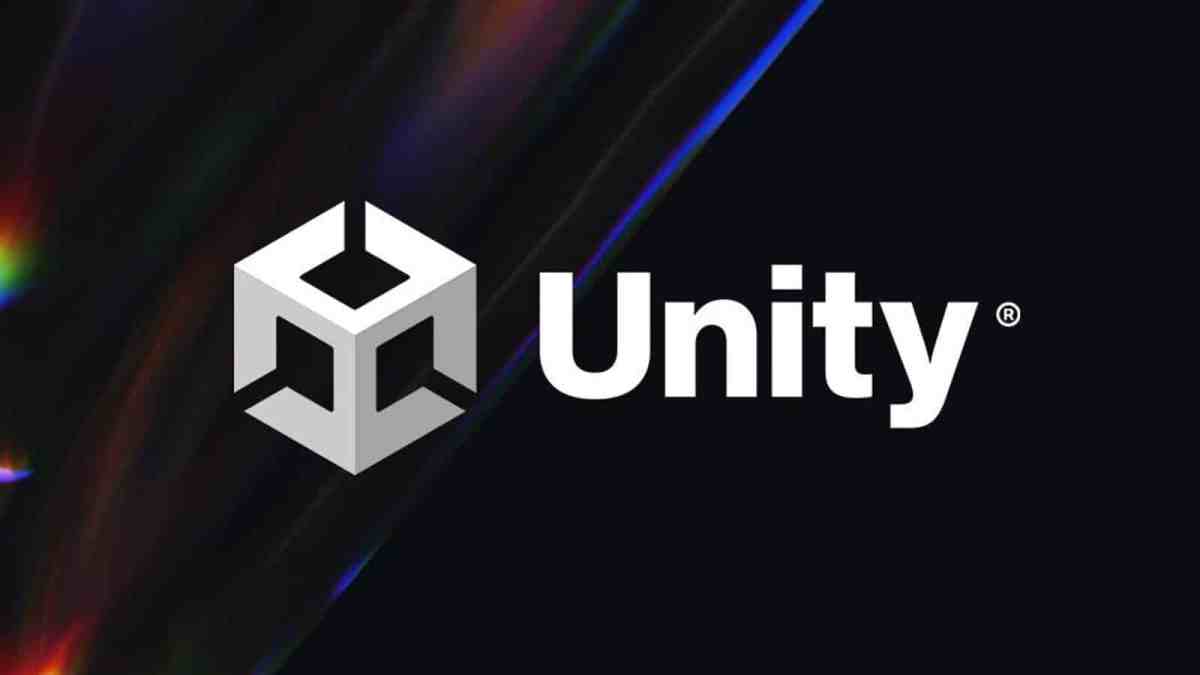Unity has issued a public apology and updated terms to its planned runtime fees in an open letter to its game development community, designed to address a week of backlash on social media. The letter, posted to the Unity blog, outlines a number of changes to its incoming policy, which was originally designed to charge developers a fee based on the number of installs of a game using the Unity engine. It will now only impact game developers making more than US $1 million in trailing 12-month revenue, based on self-reported install figures.
In addition, there will be no new runtime fee for games built on Unity Personal, which is largely designed for hobbyist game developers. This plan will also remain free for everyone.
Those on Unity Pro and Unity Enterprise making more than US $1 million in a 12-month period will still be subjected to some fees. From the next Unity Long Term Support (LTS) release in 2024, games adhering to Unity’s criteria will be subject to a firm runtime fee – either a 2.5% revenue share, or “the calculated amount based on the number of new people engaging with your game each month.”
This calculated amount will be based on self-reported data, and will only apply to new games – “games that are currently shipped and the projects you are currently working on will not be included.” Unity has also stated that developers will always be charged the lesser amount, between the choice of revenue share or the calculated amount.
Read: Unity apologises for runtime fee policy, promises changes
“I want to start with this: I am sorry,” Marc Whitten, leader of Unity Create said in the company blog post. “We should have spoken with more of you and we should have incorporated more of your feedback before announcing our new Runtime Fee policy. Our goal with this policy is to ensure we can continue to support you today and tomorrow, and keep deeply investing in our game engine.”
“You are what makes Unity great, and we know we need to listen, and work hard to earn your trust. We have heard your concerns, and we are making changes in the policy we announced to address them … We want to continue to build the best engine for creators. We truly love this industry and you are the reason why.”
It appears the announced changes have gone down reasonably well on social media, with many developers expressing relief over the planned changes. That said, many remain wary of Unity’s early lack of transparency, and what is perceived to be a betrayal of trust.
For now, it appears Unity has walked back the biggest concerns for developers across the games industry, and that going forward, any planned changes to the popular game engine will be subject to heightened scrutiny and analysis before being revealed to the public.
You can view Unity’s full open letter on the Unity blog.





